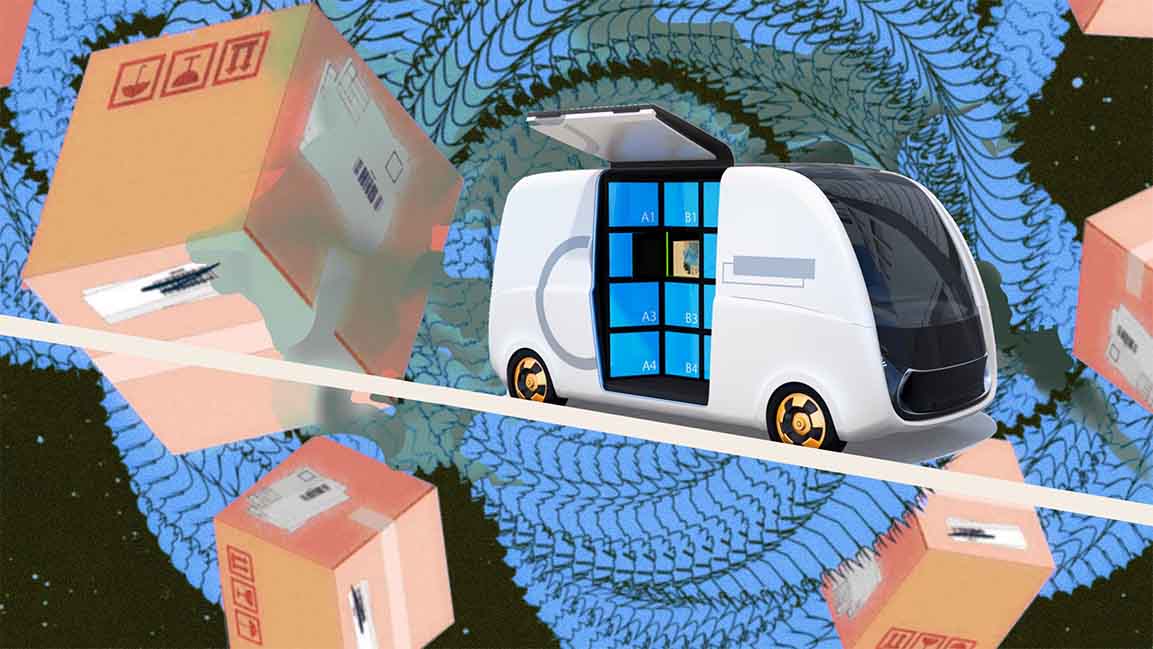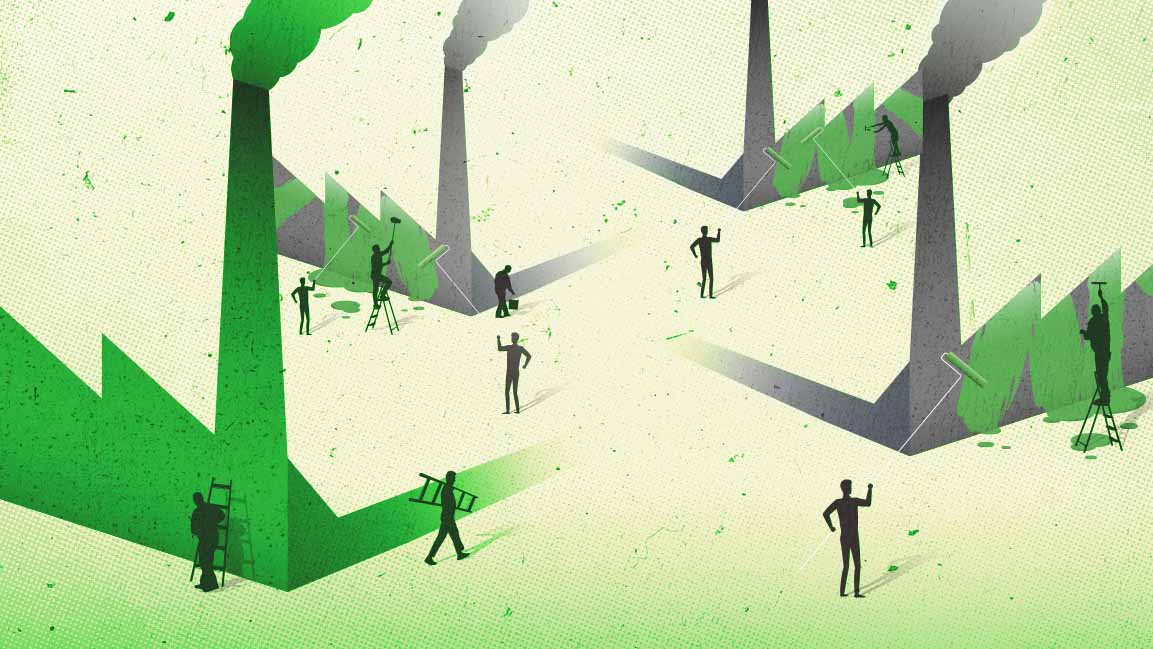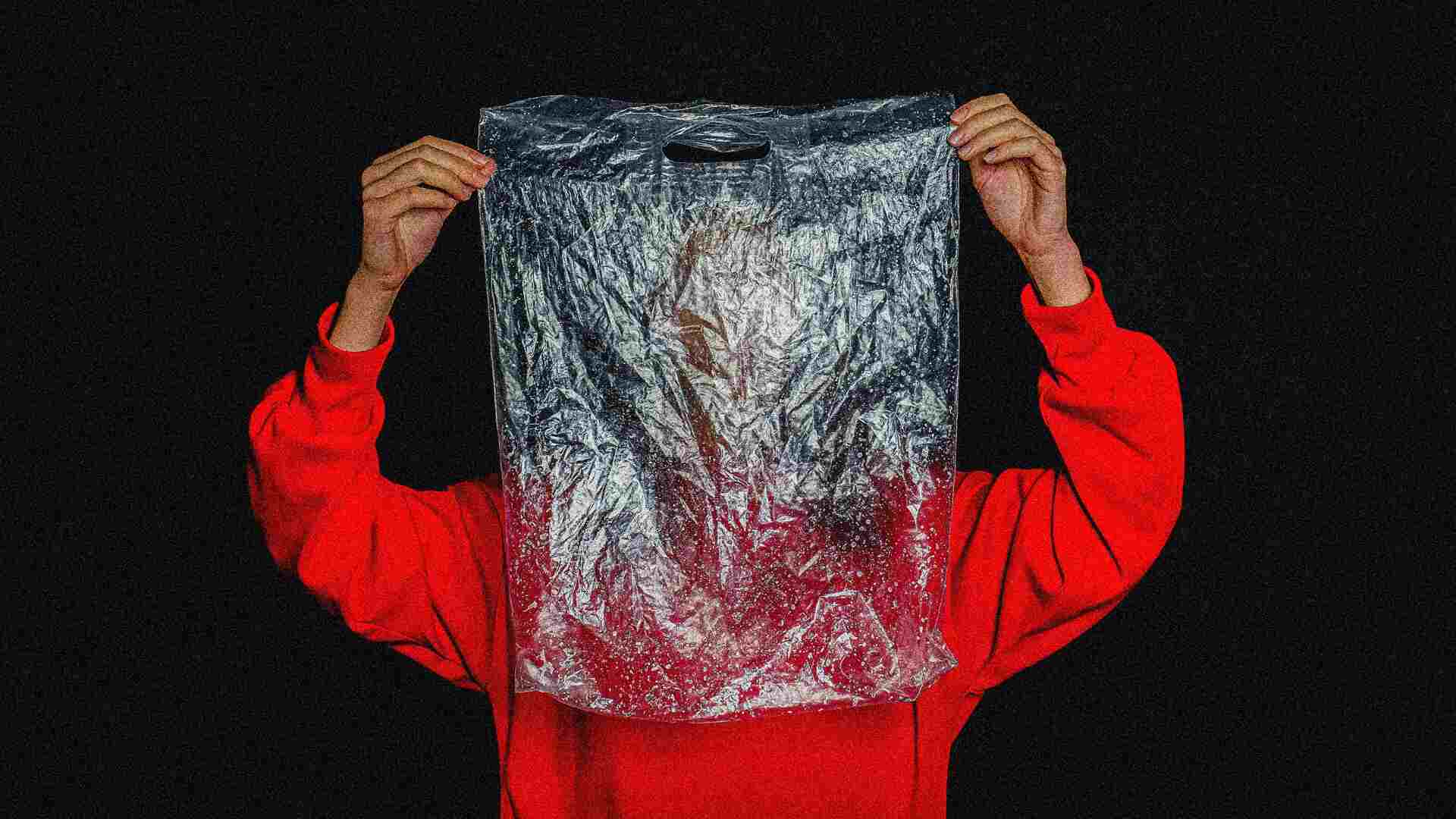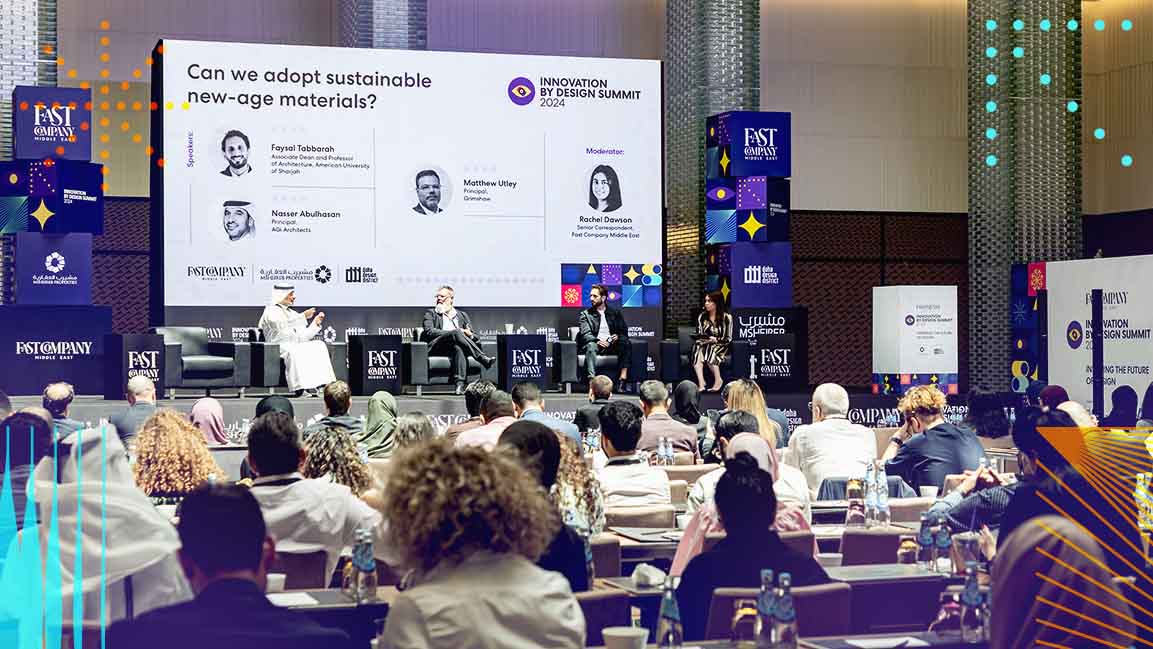- | 9:00 am
Online shopping adds to emissions and traffic. But can the Middle East fix it?
Experts say electric delivery vehicles and unattended delivery hubs could be the answers

The convenience of buying anything – from food to clothes to, you know, even your coffee — is so easy that you don’t realize the actual impact of that. Did you know that congestion caused by the packages delivered each day to your home will add 11 minutes to your daily commute? Or it could be more depending on the cities you live in because congestion is expected to increase by more than 20% and with it a glut of emissions.
“People are not widely aware of the carbon or air quality footprint associated with e-commerce. Public messaging to raise awareness and tools to enable these impacts to be easily calculated when making purchases online are a key need,” says Suzanne Bartington, Institute of Applied Health Research, University of Birmingham Dubai.
In the past three years, e-commerce has grown faster in the Middle East and North Africa (MENA) region than anywhere else, with an estimated 209 million consumers transitioning to online shopping during the pandemic. And the number of online shoppers in the region only continues to grow.
In parallel, as the regional e-commerce industry thrives, the millions of packages delivered daily are worsening traffic congestion and carbon emissions. Add to it the explosion of quick commerce – companies competing for faster delivery, under 20 minutes, pulling out all the stops to tempt shoppers.
According to a World Economic Forum report, the demand for this kind of urban, last-mile delivery will increase by 78% by 2030.
INVESTING IN INNOVATIONS
More importantly, delivery-related carbon emissions could increase by more than 30% in the cities in the next ten years without effective change.
So what solutions could cities activate to fix the problem?
Some cities in the region, like Dubai, are investing in innovations like drones or delivery robots. Recently, UAE’s Roads and Transport Authority with Talabat are experimenting with food delivery robots in Dubai Silicon Oasis to promote zero-emission delivery modes.
And Aramex, the Middle East’s biggest courier company, successfully tested its drone and roadside bot deliveries in Dubai as it explores emerging delivery technologies and options to reduce its carbon footprint.
“The increase in traffic congestion due to e-commerce is evident. Addressing this issue requires innovation in delivery mechanisms, including freight consolidation alongside emissions control measures for commercial vehicle fleets,” says Bartington.
The carbon footprint of e-commerce can be reduced significantly through unattended delivery, which means that shipments are delivered either to parcel lockers or specific pick-up locations, says Fabio Weiss, Head of Airfreight Middle East & Africa, DHL Global Forwarding.
“It has enormous potential to reduce emissions. It is estimated that 30% of carbon emissions can be reduced by unattended delivery, with calculating up to 90%, depending on vehicles and modes used.”
Using low-emission delivery methods in densely populated areas is a key approach. “Using cargo bikes for last-mile deliveries has had success in several settings, requiring appropriate active travel infrastructure,” says Bartington.
GREENER TRANSPORTATION
The biggest benefit to emissions would come from a switch to electric delivery vehicles; if mandated, this switch would lead to a 60% drop in carbon emissions, per the WEF report, and letting customers choose this as a delivery option would decrease emissions by 24%.
“Door-to-door delivery can be eco-friendly with electric vehicles. Greener transportation modes – electric and biofuel vehicles – can make the last mile delivery very close to carbon neutral,” says Weiss.
“Promoting the use of consolidated shipments and delivery routes, which can reduce the number of deliveries and the associated emissions,” says Nisarg Ved, Business Development Director, VEDS Logistics Solutions
“Educating clients on the importance of reducing the carbon footprint of their operations and providing guidance on how to do so. One of the ways this can be done is by giving a detailed report to customers about what kind of carbon emissions were made during the entire transportation journey of their goods.”
Emissions control initiatives in urban settings may also play a role. However, these focus on achieving legal compliance rather than optimizing health benefits. “A key principle is to reduce emissions at source. If that is not possible, we must design areas to protect people from exposure and extend the distance between the emissions source and those most vulnerable to health impacts. It can be done by keeping goods vehicles away from densely populated areas,” says Bartington.
The good news is that these solutions to the traffic and environmental impacts of our e-commerce addiction can be implemented immediately, and they have big benefits when companies provide them as an option customers can choose.
Interestingly, a DHL online shopper survey revealed that customers are willing to pay more and wait longer for their delivery if it means it is more sustainable. “E-tailers could support this trend by offering their customers a green shipping option at the checkout process,” adds Weiss.
Even multi-sector collaboration is key to addressing this problem, as it has implications for how we design and use areas where people work and live, adds Bartington. It’s about the partnership between cities, companies, drivers, and consumers to solve this problem.








































